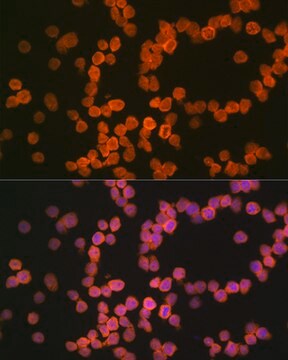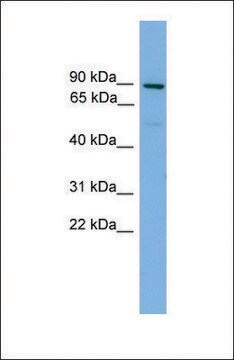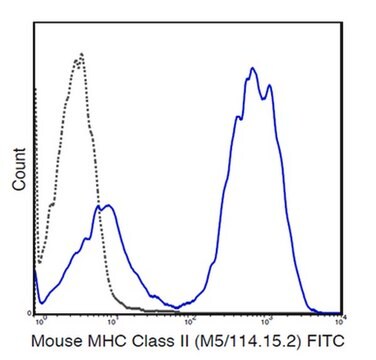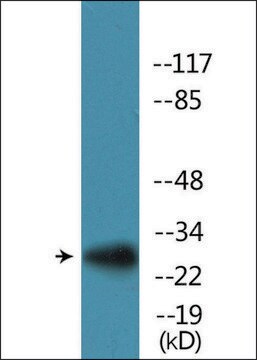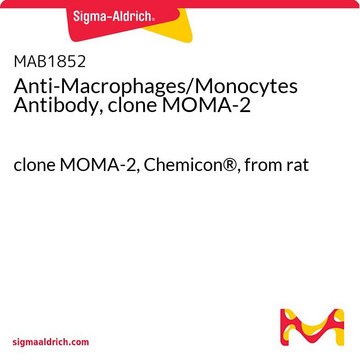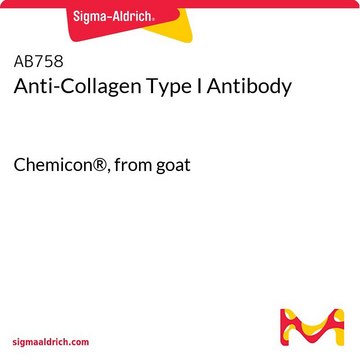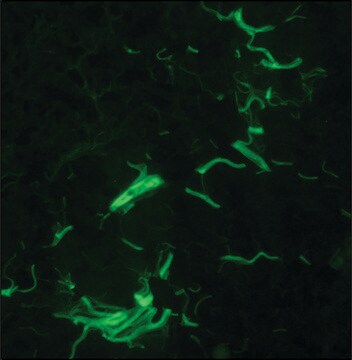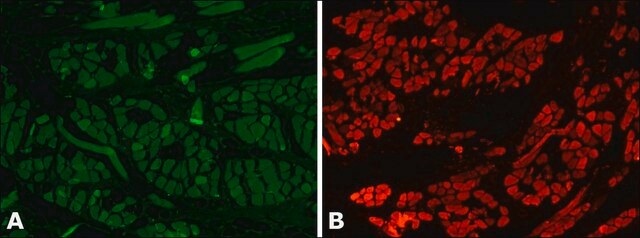SAB4700663
Monoclonal Anti-MHC Class II-FITC antibody produced in rat
clone M5/114, purified immunoglobulin, buffered aqueous solution
Sinônimo(s):
Rat Monoclonal Anti-MHC Class II-Fluorescein isothiocyanate
About This Item
Produtos recomendados
fonte biológica
rat
conjugado
FITC conjugate
forma do anticorpo
purified immunoglobulin
tipo de produto de anticorpo
primary antibodies
clone
M5/114, monoclonal
forma
buffered aqueous solution
reatividade de espécies
mouse
concentração
0.5 mg/mL
técnica(s)
flow cytometry: suitable
Isotipo
IgG2b
Condições de expedição
wet ice
temperatura de armazenamento
2-8°C
modificação pós-traducional do alvo
unmodified
Descrição geral
Imunogênio
Aplicação
Ações bioquímicas/fisiológicas
Características e benefícios
forma física
Exoneração de responsabilidade
Não está encontrando o produto certo?
Experimente o nosso Ferramenta de seleção de produtos.
Código de classe de armazenamento
10 - Combustible liquids
Ponto de fulgor (°F)
Not applicable
Ponto de fulgor (°C)
Not applicable
Certificados de análise (COA)
Busque Certificados de análise (COA) digitando o Número do Lote do produto. Os números de lote e remessa podem ser encontrados no rótulo de um produto após a palavra “Lot” ou “Batch”.
Já possui este produto?
Encontre a documentação dos produtos que você adquiriu recentemente na biblioteca de documentos.
Nossa equipe de cientistas tem experiência em todas as áreas de pesquisa, incluindo Life Sciences, ciência de materiais, síntese química, cromatografia, química analítica e muitas outras.
Entre em contato com a assistência técnica
